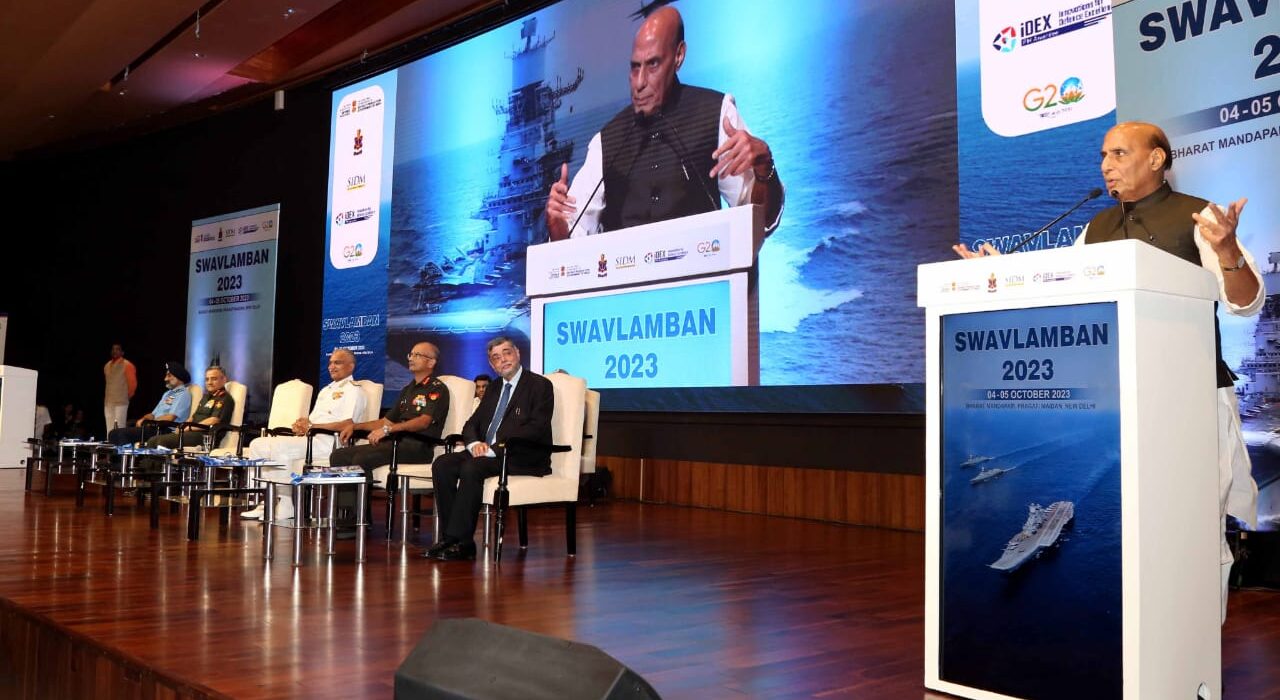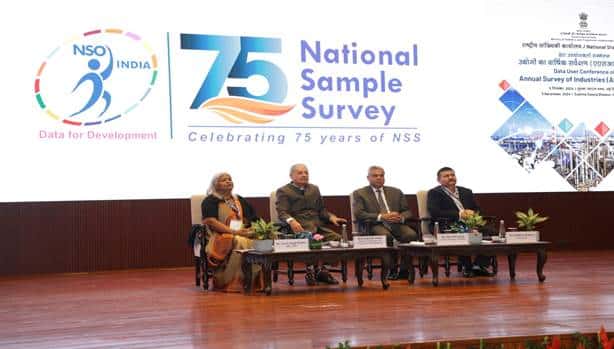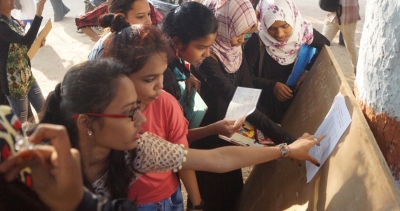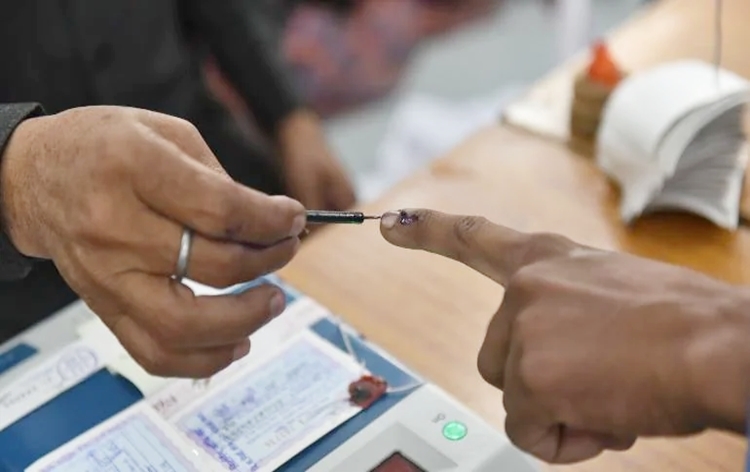Indian Defence Minister Rajnath Singh unveils bold initiatives to boost ‘Aatmanirbharta’ in Defence Innovation

India’s Defence Minister, Rajnath Singh, delivered a series of groundbreaking announcements during the Swavlamban 2.0 seminar, focusing on enhancing ‘Aatmanirbharta’ (self-reliance) in the defence and innovation sectors. The event, held in New Delhi, marked a pivotal moment for India’s defence ecosystem, with the release of the fifth Positive Indigenisation List and the launch of multiple innovation challenges.
In his address, Defence Minister Rajnath Singh emphasized the importance of self-reliance, highlighting the government’s commitment to the ‘Aatmanirbhar Bharat Abhiyan.’ He acknowledged India’s historical strength in innovation and knowledge, emphasizing the need to overcome past doubts about the quality of local goods. The Defence Minister praised Prime Minister Narendra Modi’s ‘Vocal for Local’ campaign, which has rejuvenated the nation’s confidence in domestic products and innovation.
Defence Minister Rajnath Singh underscored the role of the Innovation for Defence Excellence (iDEX) platform in nurturing young talent and fostering innovation within the defense sector. He encouraged increased efforts to connect youth with defence research and development, calling for more efficient mechanisms to assess technology challenges.
The Defence Minister urged a thorough evaluation of technology challenges, ensuring they align with current and future needs. He emphasized the importance of assessing the availability of technology in the market and its economic viability, calling for the establishment of an independent body of experts involving the Department of Defence Production (DDP), Defence Research and Development Organisation (DRDO), and the Armed Forces to enhance this analysis.
Furthermore, Rajnath Singh suggested evaluating the products and technologies developed through previous challenges and making improvements where necessary. He stressed the need for challenges to push the boundaries of innovation, providing momentum for progress.
While addressing the audience, Chief of the Naval Staff Admiral R Hari Kumar celebrated the success of previous challenges, highlighting the Navy’s efforts in seeking solutions and fostering partnerships with industry players. He expressed the Navy’s commitment to compounding technological growth, aiming to create a cascade of innovations leading to numerous products.
The Fifth Positive Indigenisation List
The fifth Positive Indigenisation List, comprising 98 items, was a significant highlight of the seminar. This list, meticulously prepared by the Department of Military Affairs (DMA) through consultations with stakeholders, focuses on import substitution of components and major systems. It covers platforms, weapon systems, sensors, and munitions expected to translate into firm orders in the next five to ten years. Prominent items include Futuristic Infantry Combat Vehicles, Remotely Piloted Airborne Vehicles, and Next-Generation Low-Level Light Radar.
The Positive Indigenisation List not only provides visibility into the needs of the Armed Forces but also offers opportunities for domestic industry players to engage in research, development, and manufacturing.
Innovation Challenges Galore
Rajnath Singh launched 76 innovation challenges under the 10th Defence India Start-up Challenges (DISC 10) & DISC 10 PRIME, marking India’s 76th year of independence. These challenges spanned various domains, including the three Services, Indian Coast Guard, and Border Roads Organisation. Additionally, five problems were introduced under the iDEX for Fauji (i4F) scheme.
In a significant collaboration with the United States Department of Defense (US DoD), two INDUS X challenges under the ‘INDUS-X Mutual Promotion of Advanced Collaborative Technologies’ (IMPACT) initiative were unveiled. This partnership aims to expand strategic technology cooperation between India and the US.
Strategic Initiatives and Agreements
During the seminar, the Naval Innovation and Indigenisation Organisation (NIIO) signed agreements to facilitate the infusion of Venture Capital into the defense ecosystem through the iDEX Innovators Hub (iIH). This initiative, titled ‘INVenT’ (iDEX-Navy Venture for Technology), will support and promote innovative solutions within the defense sector.
The State Bank of India (SBI) and the Indian Navy unveiled the SBI NAVeCash Card, a dual-chip debit card designed for seamless transactions, even in offline mode at sea, aligning with the vision of Digital India and cashless financial transactions.
The Way Forward
Rajnath Singh emphasized the importance of constant evaluation and progress in the journey towards self-reliance in defence innovation. He likened the challenge to a marathon rather than a sprint, highlighting the need for sustained effort and evolution.
As India continues to prioritize self-sufficiency in the defence sector, these announcements mark a crucial step forward. With the release of the fifth Positive Indigenisation List and the launch of numerous innovation challenges, the nation is set to further bolster its defence capabilities, reduce import dependence, and foster a thriving domestic defence industry.









